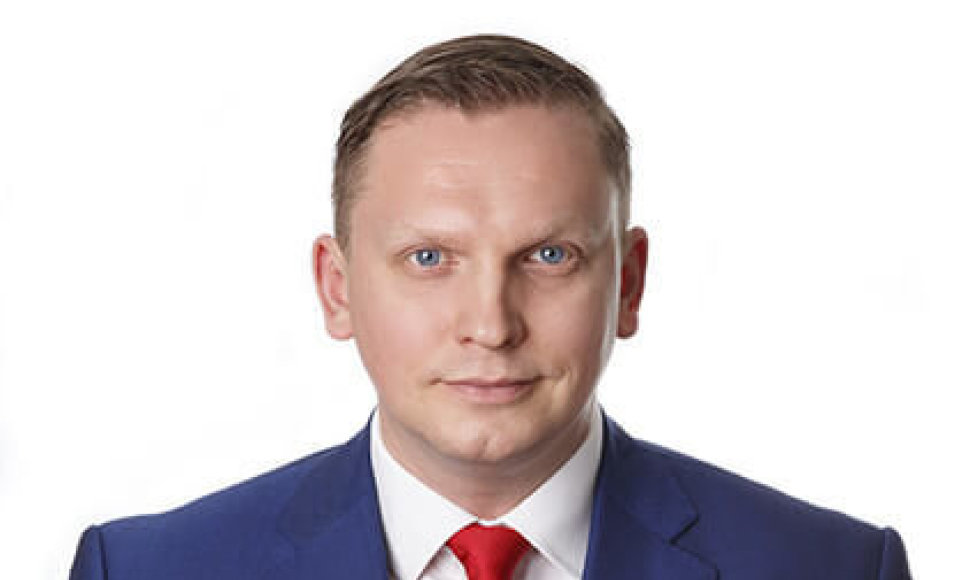Of course, the pandemic will also have a severe economic affect that goes beyond the tragic loss of life and illness that so many will have suffered from. How different countries will recover from this crisis and the lockdowns that so many enforced remains to be seen. However, one thing is for certain, there will need to be a recovery process. The United Kingdom’s economy is estimated to be more than $2.8 trillion dollars and Lithuania’s is put at around $53.42 billion – vastly different in size.
Yet despite this clear disparity, there is a remarkable similarity in the estimated effects of the coronavirus and the policies that both governments enacted on their respective economies. Lithuania’s gross domestic product is likely to contract by 7 percent in 2020 before recovering by almost 6 per cent in 2021 – one worst case scenario from earlier in the year put the downturn at almost 16 per cent. Comparatively, the UK economy has been estimated to shrink by near to 9 per cent in 2020 before expanding by 6 per cent in 2021 – a worst case scenario put the shrinkage at 13 per cent.
Perhaps this similarity is due to the nature of the crisis – lockdowns clearly have a terrible impact on economies and then as they are lifted, things return to normal as long as there is no long term underlying issue that complicates the recovery – the epitome of a v shape. The parallel trends could also be affected by the measures that both governments have decided to follow, like most, to keep their respective economies afloat and moving during this crisis.
Both Britain and Lithuania have followed the well-trodden path of large-scale government intervention and state aid. Earlier this month, it was revealed that the UK’s public spend on measures relating to coronavirus had ballooned to £190 billion – more than the entire planned health budget for 2020-21. For context when comparing with Lithuania, that amount is larger than Lithuania’s GDP. However, Lithuania has still been supporting its economy and businesses, as far as they can within the limits of the EU’s state aid rules and approval system. Due to these restrictions, the government has sensibly focused on the more important sectors of the economy including agriculture, farming and tourism – each of which have received support packages worth around €50 million.
I am very hopeful that we will indeed see the v shaped recovery that economists and governments alike are praying for. Nevertheless, this level of government intervention will have long-term knock-on effects that we cannot fully imagine at this point in time. There is one potential problem though that should worry all free-market conservatives, that governments become reliant or over comfortable with high levels of spending and intervention even when the crisis has passed. We should do everything we can to prompt a responsible long-term future that sets aside the unsustainable emergency measures of the pandemic.
Richard is Chairman of the Conservative Friends of the Baltic States, Editor in Chief of Conservatives.Global and a businessman. Richard was born in Šilutė, Lithuania and moved to the UK in 1998.












